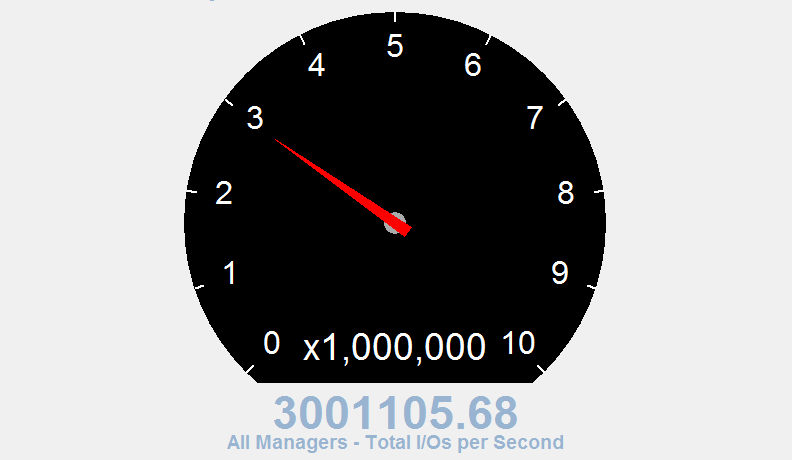Amazon Web Services (AWS) i3 instances are now available. The AWS i3 instance type was formally announced in November 2016 and we have been eagerly awaiting the instance type’s debut. Amazon finally has listed the i3 instance type as available for general use.
AWS i3 Instances
AWS i3 instances utilize Intel Xeon E5-2686 v4 chips with a base clock frequency of 2.3GHz. Although these are not listed on Intel ARK at the moment, the chips should have maximum 1-2 core turbo frequencies of 3.0GHz. These are “current” generation Broadwell-EP chips. We have heard that large customers like AWS have access to Skylake-EP platforms, however, these chips are newer than in many of other platforms so they should have features such as working TSX instructions.
The AWS team expects these to be used for NoSQL databases like Cassandra, MongoDB, Redis, in-memory databases such as Aerospike, scale-out transactional databases, data warehousing, Elasticsearch, analytics workloads.
AWS i3 Instance Types and Pricing
Here is what the spec table looks like:
| Size | vCPU | ECU | Memory | NVME SSD Storage | Cost (US East Ohio) |
| i3.large | 2 | 7 | 15.25 | 1 x 475 NVMe SSD | $0.156 per Hour |
| i3.xlarge | 4 | 13 | 30.5 | 1 x 950 NVMe SSD | $0.312 per Hour |
| i3.2xlarge | 8 | 27 | 61 | 1 x 1900 NVMe SSD | $0.624 per Hour |
| i3.4xlarge | 16 | 53 | 122 | 2 x 1900 NVMe SSD | $1.248 per Hour |
| i3.8xlarge | 32 | 99 | 244 | 4 x 1900 NVMe SSD | $2.496 per Hour |
| i3.16xlarge | 64 | 200 | 488 | 8 x 1900 NVMe SSD | $4.992 per Hour |
AWS does have reserved instance pricing for these systems which can, for example, bring the i3.large pricing down to sub $0.10/hour on a 1-year term.
Why This is Exciting
NVMe storage benefits from high bandwidth and low latency. As you may have read in our recent Supermicro BigTwin review, systems with high-speed networking and NVMe are very popular these days with performance oriented hyper-converged software vendors.
As an anecdotal note, one of the major reasons we left AWS was the fact that the lower-end instance disk I/O was so slow that we started seeing crashes due to seg faults constantly. These new instance types with NVMe storage would be fast enough that that would not happen. We recently reviewed an 8x NVMe SSD server in the Dell PowerEdge R930 and saw over 3 million 4K random IOPS from its SSDs.

This is certainly a step in the right direction for higher performance cloud infrastructure.



